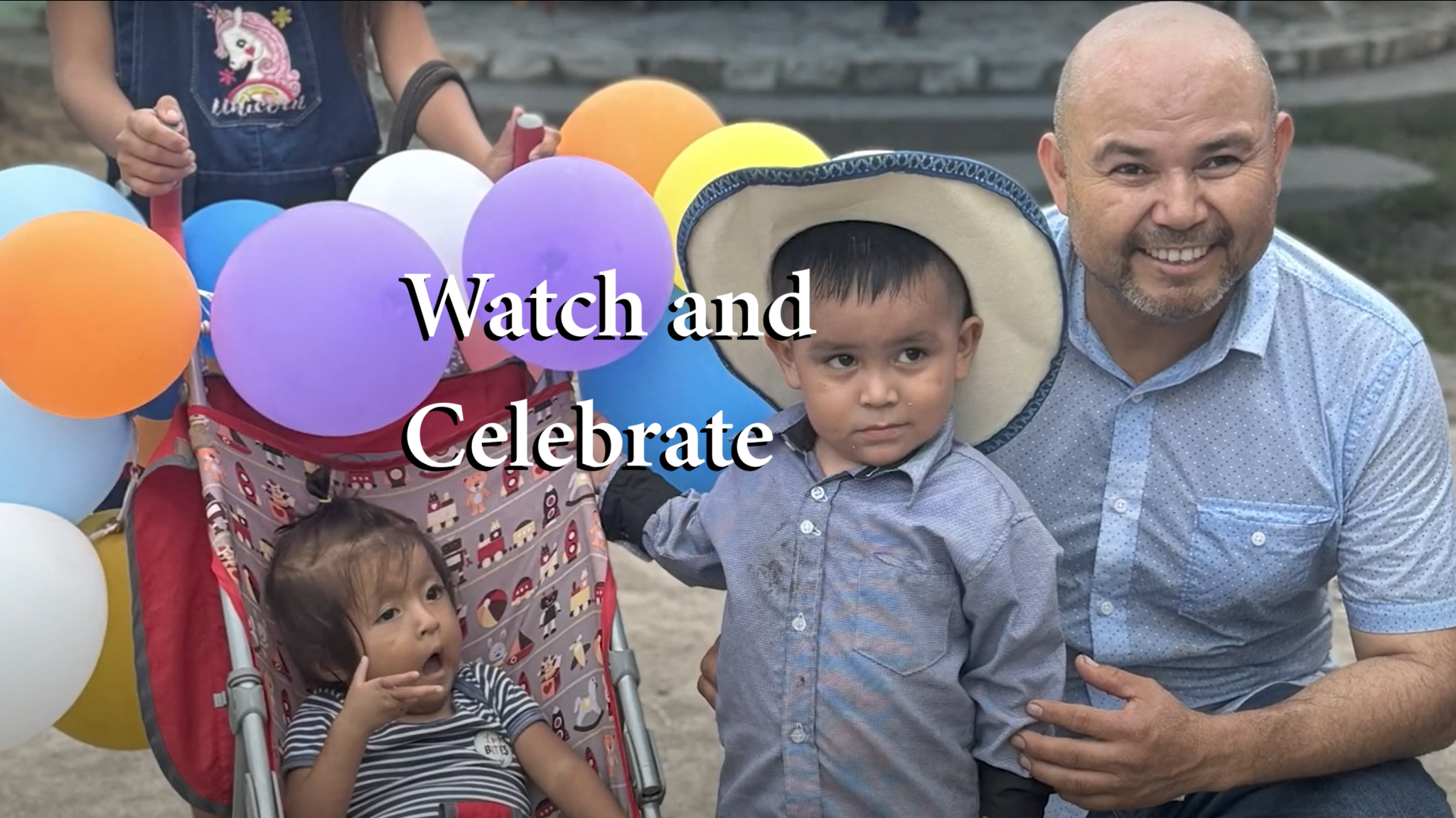
God has placed each of us in a particular time and place. We are a part of a unique culture. I want to spend several weeks looking at how we engage the culture around us in helpful and faithful ways. Last week we started by asking the question, "What is right?” It’s often tempting to bring only criticism or critique to our culture, but we might find it more helpful to begin with affirming what’s right about the culture around us.
Another helpful question we need to ask when engaging our local culture is the question, “What is missing?” As you listen and observe your local culture, what is missing? What would you expect to see or hear that isn’t observable? What is missing in your neighborhood, your community, in the place where God has sent you?
If we’re serious about contextualizing the Gospel in our communities, our neighborhoods, and the places where we live, work and play then it’s vitally important to take note of what is missing. Paul at Mars Hill once again provides us a good example of how to engage the culture. In Acts 17:23 we find Paul doing the important work of contextualizing the Gospel: “For as I walked around and looked carefully at your objects of worship, I even found an altar with this inscription: to an unknown god. So, you are ignorant of the very thing you worship—and this is what I am going to proclaim to you.” Paul took note of what was missing in Athens. While they were incredibly religious, they were missing an understanding of the one true God. Most of the rest of Acts 17 is Paul working to reveal what was missing in their understanding of the unknown God.
Do you know what’s missing in your community? Do you know what’s missing in your neighborhood? Do you know what’s missing in the lives of the people who are your neighbors and fellow citizens? When we take the time to listen and observe, we can learn powerful lessons about what’s missing in the places where the Lord has sent us. When we know what’s missing, we get insight into how to shape missional strategies to address those very things. Just as Paul noted what was missing and utilized the unknown God to introduce the citizens of Athens to the true and living God, we have similar opportunities to do the same.
Many in our culture are missing a true understanding of the person of Jesus and what it means to follow him. What is missing in your local culture? There are lots of possibilities. If you take the time to observe well, you may notice that certain people are missing essential food or other critical resources. You may see that seniors in your culture are missing relationships and connection to other people. Are people missing viable transportation or adequate housing? It doesn’t take much to observe that a lot of employers are missing workers these days. Look closely and you may discover the gaps that others overlook. When we know what’s missing, we can help create or catalyze efforts to address what’s missing. In addressing what’s missing, we have the opportunity to help bring Good News to the people of our local cultures.
What is missing where you live, work, play and minister? How might God use you and the people of God to fill in the gaps of what’s missing?
Christ’s Peace,
Lance
CGGC eNews—Vol. 15, No. 40





Login To Leave Comment